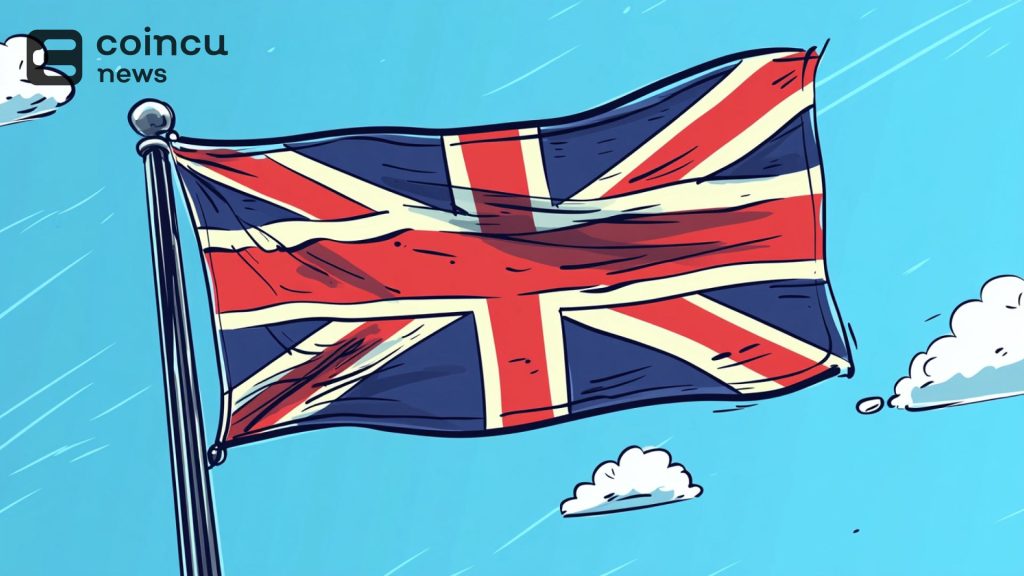Key Points:
- The UK government has introduced the Property (Digital Assets etc) Bill, categorizing cryptocurrencies and NFTs as personal property.
- The UK Property Bill aims to close a legal gap by providing stronger protections against fraud and theft for digital asset holders.
The UK government brought the Property (Digital Assets etc) Bill before Parliament to clarify the legal status of digital assets, among them cryptocurrencies and NFTs.

Read more: Illegal Crypto ATMs Taken Action By UK Authorities
UK Property Bill Grants Legal Status to Cryptocurrencies and NFTs as Personal Property
The UK Property Bill would classify the assets for the first time as personal property under the laws of England and Wales. Without such a framework, holders of cryptocurrency and NFTs became prey to fraudsters and thieves who would have little risk of legal redress against them.
The bill aims to address the issues by granting formal recognition to digital assets as a separate category of property for the purpose of giving them enhanced legal protection.
The new bill also provides that digital assets shall be protected against fraud and theft in a manner the same as other personal property. Besides, the bill shall assist the courts in the division, which is increasingly complex, over digital assets during divorce or business agreements.
UK Sets Precedent with Comprehensive Digital Asset Framework
Other countries have moved to make rules for digital assets, and the U.S. still hasn’t acted on legislation that defines cryptocurrency as personal property under the law.
Although Germany was one of the first regulators of digital assets, naming Bitcoin “private money” in 2013, it does not confer property rights in the full sense as it does with physical objects.
Other countries, such as Japan and South Korea, have laid down frameworks with respect to the regulation of cryptocurrency exchanges specifically, but none of these have taken that further step to classify digital assets as personal property under their respective civil codes.
The UK Property Bill is a bold step towards full and comprehensive legal protection of the holders of digital assets and may set up a precedent in jurisdictions struggling with the challenges brought by the digital finance.
| DISCLAIMER: The information on this website is provided as general market commentary and does not constitute investment advice. We encourage you to do your own research before investing. |






















